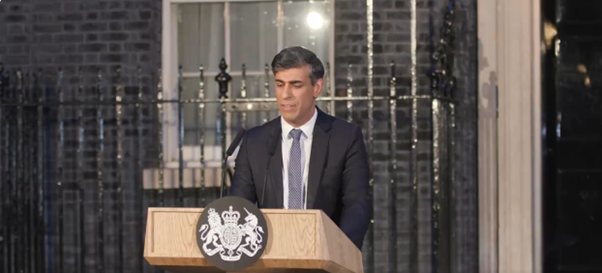
UK’s prime minister Rishi Sunak declared a “national endeavour” to secure the future of the UK’s nuclear industry with a package of investment aimed at boosting skills and jobs amid concerns about defence spending.
The prime minister has announced public and private investment to reinforce the nuclear workforce and support 40,000 expected new jobs.
The government will also commit more than £200m over the next decade to ensure Barrow thrives as the home of UK nuclear submarine-building.
“The nuclear industry is growing rapidly, requiring 50% more highly skilled workers in the next ten years and we need to train a new generation of British talent,” says the UK government.
The government is partnering with industry, including BAE Systems, Rolls-Royce, EDF and Babcock, to invest at least £763m by 2030 in skills, jobs and education.
The investment will create more than 8,000 career opportunities to help the sector fill 40,000 new jobs by the end of the decade, and will support plans to double the number of nuclear apprentices and graduates and quadruple the number of specialist science and nuclear fission PhDs.
“In a more dangerous and contested world, the UK’s continuous at-sea nuclear deterrent is more vital than ever,” Sunak said. “And nuclear delivers cheaper, cleaner home-grown energy for consumers.”
“That’s why we are investing in Barrow, the home of UK submarines, and in the jobs and skills of the future in the thriving British nuclear industry.
“Today we usher in the next generation of our nuclear enterprise, which will keep us safe, keep our energy secure, and keep our bills down for good.”
Rishi Sunak has also announced yesterday a “Plan for Barrow” as a further part of this national endeavour, a new partnership between national and local government, BAE Systems and the local community, that will oversee investment and development in Barrow-in-Furness, the home of submarine building in the UK.
This is backed by a Barrow Transformation Fund, with the government committing an immediate £20m and a further minimum of £20m a year over the next 10 years to make the area an even more attractive place to live, work, and build a nuclear career.



